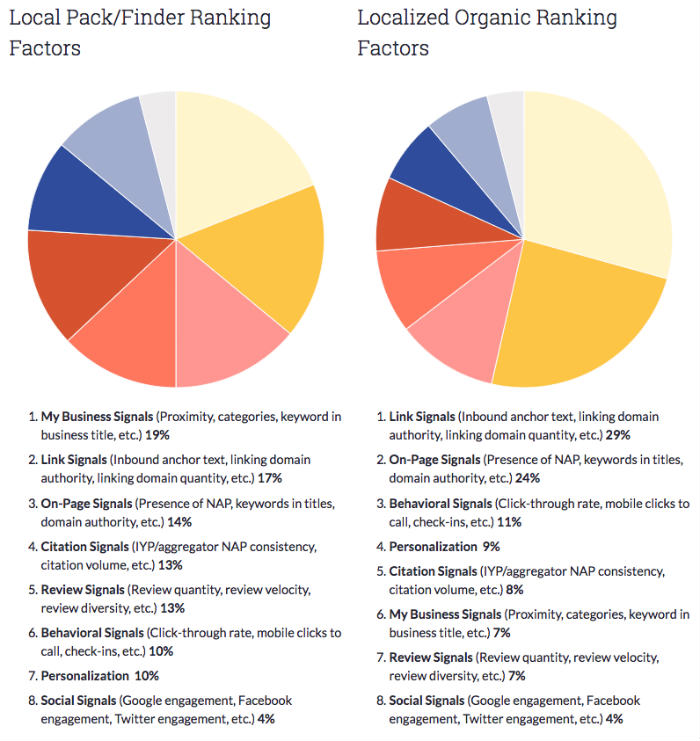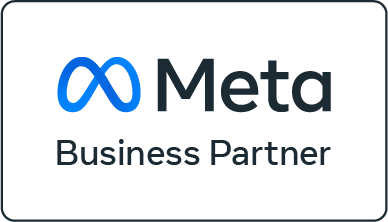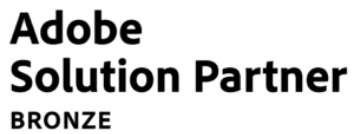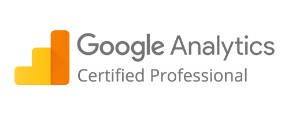Organic Local SEO ranking factors
This is mainly about ranking your business’ webpage organically in a search engine, but these ads will be shown after the GMB local pack. The foundations of a proper organic Local Search Engine Optimisation will be more or less the same as generic SEO: Onsite technical SEO + content + links.
Furthermore, your webpage will be the core of your digital strategy, not only of your SEO, so… you know: fast, easy to navigate and convert, SEO friendly…
How to do Local SEO?
As we’ve already seen, the basics are the same as if we were optimising a non-local focused webpage, so, the ranking factors would be, very roughly:
- On page SEO
- Quality and relevant SEO content (Find SEO Writing Guidelines)
- Architecture, fast and easy to be crawled and navigated
- Accurate HTML
- Off page SEO
- Relevant and quality backlinks
- Trust
- Importance
- Reputation and engagement in Social Media
To all of these ranking factors, we will now have to add the local factor and adapt some of the others.
Local search ranking factors
Keeping in mind general SEO ranking factors…
Location signals

It may sound obvious but this is one important local ranking factor. With a local intended query, the nearer your business is to the requested geographical location, the stronger the sign we send to Google to rank will be.
You can build location authority through:
- On page signs
- A geolocalised map
- Your business address
- Using some local intended KWs
- Geolocalised pictures
- Geolocalised content
- Off-page signs
- Your citations in 3rd party websites and tools
- Backlinks from local related web pages or content
- Backlinks with local related KWs as the anchor text
Please, mind the NAP
Name – Address – Phone number. You should keep a NAP consistency, not only on your website but also all over the World Wide Web (directories, Social Media, Google tools…). This means that your NAP has to be written the same way, everywhere, always. These details are really important so that Google understands that you’re one single business, and will then display your details properly in the search results.
Moreover, as you may be thinking right now, this will be a really time-consuming task if your business has been running for a long time, especially if it has changed address, phone number, name…
Tips
- Write your NAP in the footer.
- Use Local Schema markup to help search engines know what every detail is.
- When it comes to doing a sanity check, audit your citations, prioritising the most important sites.
Citations and Reviews (Social Media also welcome)
A local citation is an online mention of your Business, including your NAP (fully or partially), as well as, reviews, business category, hours of operation, driving directions, images, payment forms accepted, geo-coordinates…
Local citations can occur on local business directories or listings, on websites and apps, and on social media platforms.
But citations are not only a source of problems but also an opportunity to do it better than the competition and to rank locally. Citations can help Internet users to discover local businesses and can also impact local search engine rankings. Some of these citations can be managed by local businesses to ensure a NAP consistency.
So, either negatively or positively, your business’ citations influence search engines (number, accuracy and site container) as well as users.
However, there is no point in having millions of bad citations, what you want is relevant citations for either your city, niche or sector.
Tips
- Sing up to directories and other relevant local listings to strengthen your citation consistency and be visible to your target audience. (But mind the NAP)
- Encourage your current and past clients to write reviews about your business. 74% of consumers say that positive reviews make them trust a local business more. (source Brightlocal)
- Don’t fake the opinions, we’re sure you can get good reviews from your clients
- Be active and nice on Social Media
- Don’t forget “offline” clients or customers, they may also have smartphones
Here you have a list of citation sources
Links always matter (and not a little)
Links to your website from quality and relevant sites will tell Google how good are you, but thinking local, you may want to get inbound links from local sites or locally related webpages. Then, you may want to get links from official local webpages, local directories (yes, here this still matters), local associations related to your business, Social Media, local blogs or newspapers…
Remember, a citation and link from a high quality and locally relevant site can be really valuable.
Tip
When it comes to get a link, you rather look for websites that can drive traffic and conversions, instead of exclusively considering quality or ranking metrics.
Here you have a list of link sources.
2017 Local Search Ranking Factors

Source: Moz
Conclusions
There are two main points to recall about Local SEO:
- The idea is to reach your audience, not to only rank a website, and you may want to have plenty of ads and quality pages ranking that talk about you, not only your webpage.
- Local searches are different from general searches, so is SEO.
Juan Álvarez
[otw_shortcode_button size=”large” bgcolor=”#EB1B2E” shape=”round” border_color=”#EB1B2E”]0203 890 4426[/otw_shortcode_button]
[otw_shortcode_button href=”https://www.web-behaviour.com/contact-us/” size=”large” bgcolor=”#464648″ shape=”round” border_color=”#464648″]Send Us an Email[/otw_shortcode_button]








